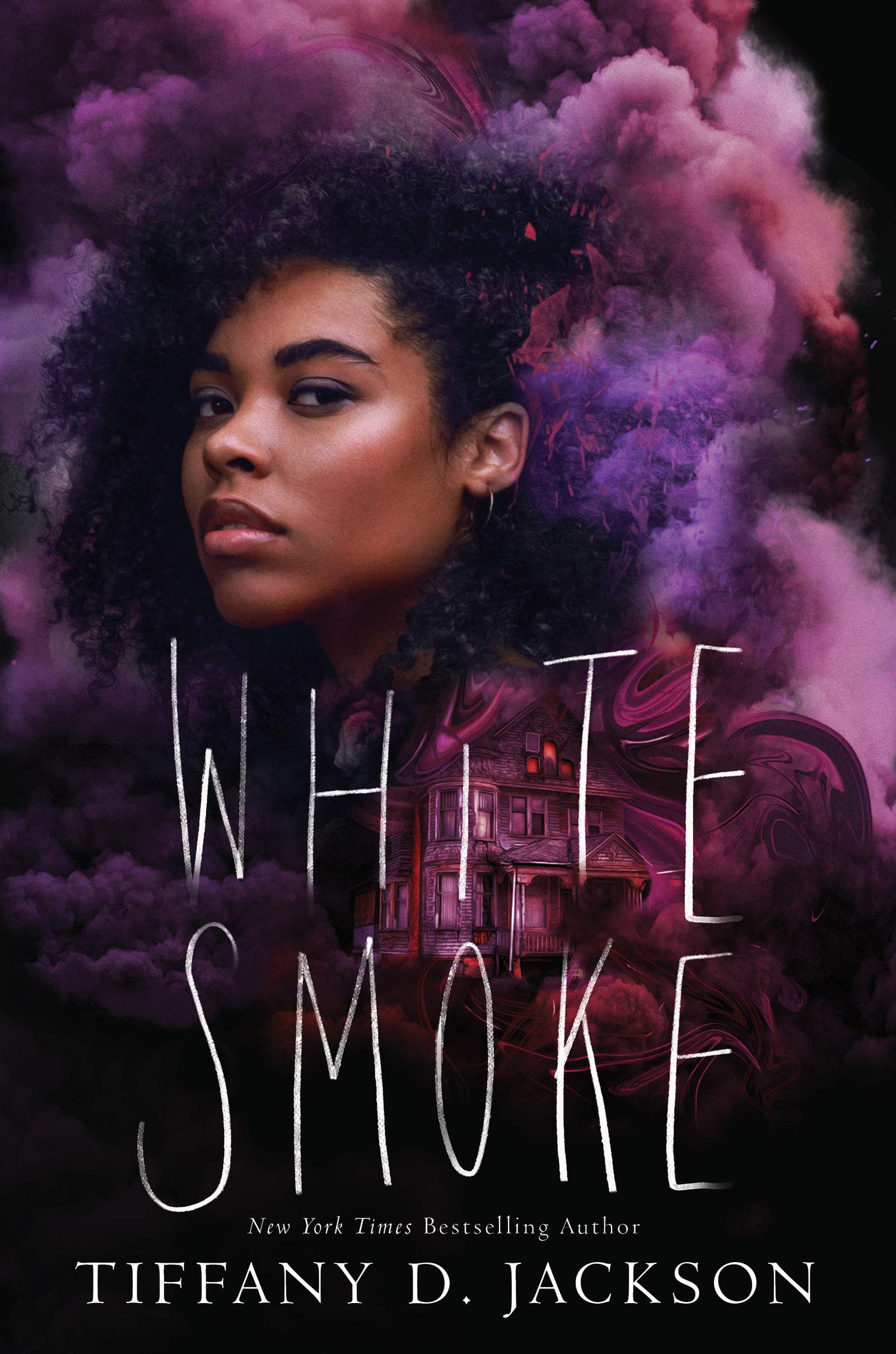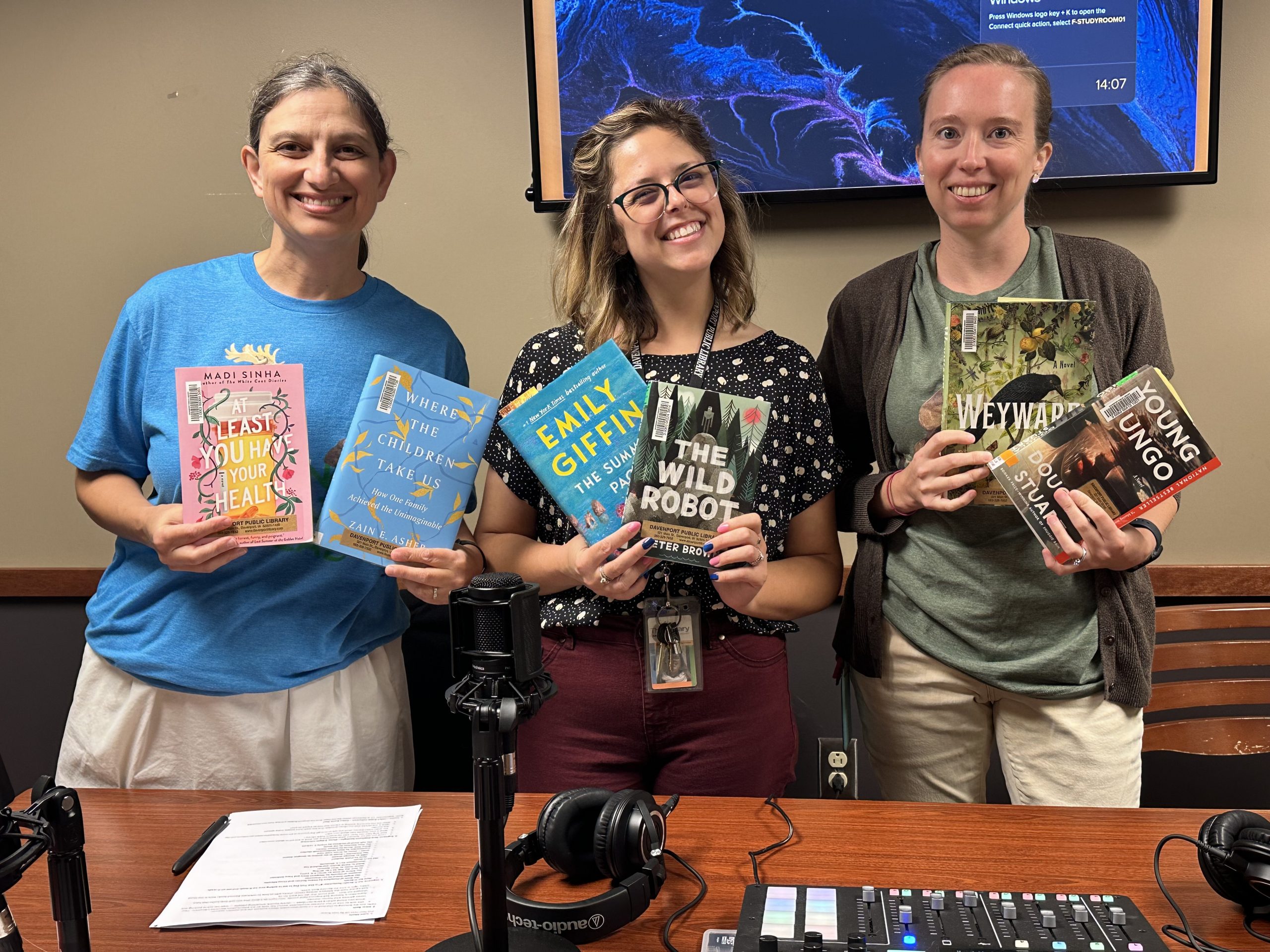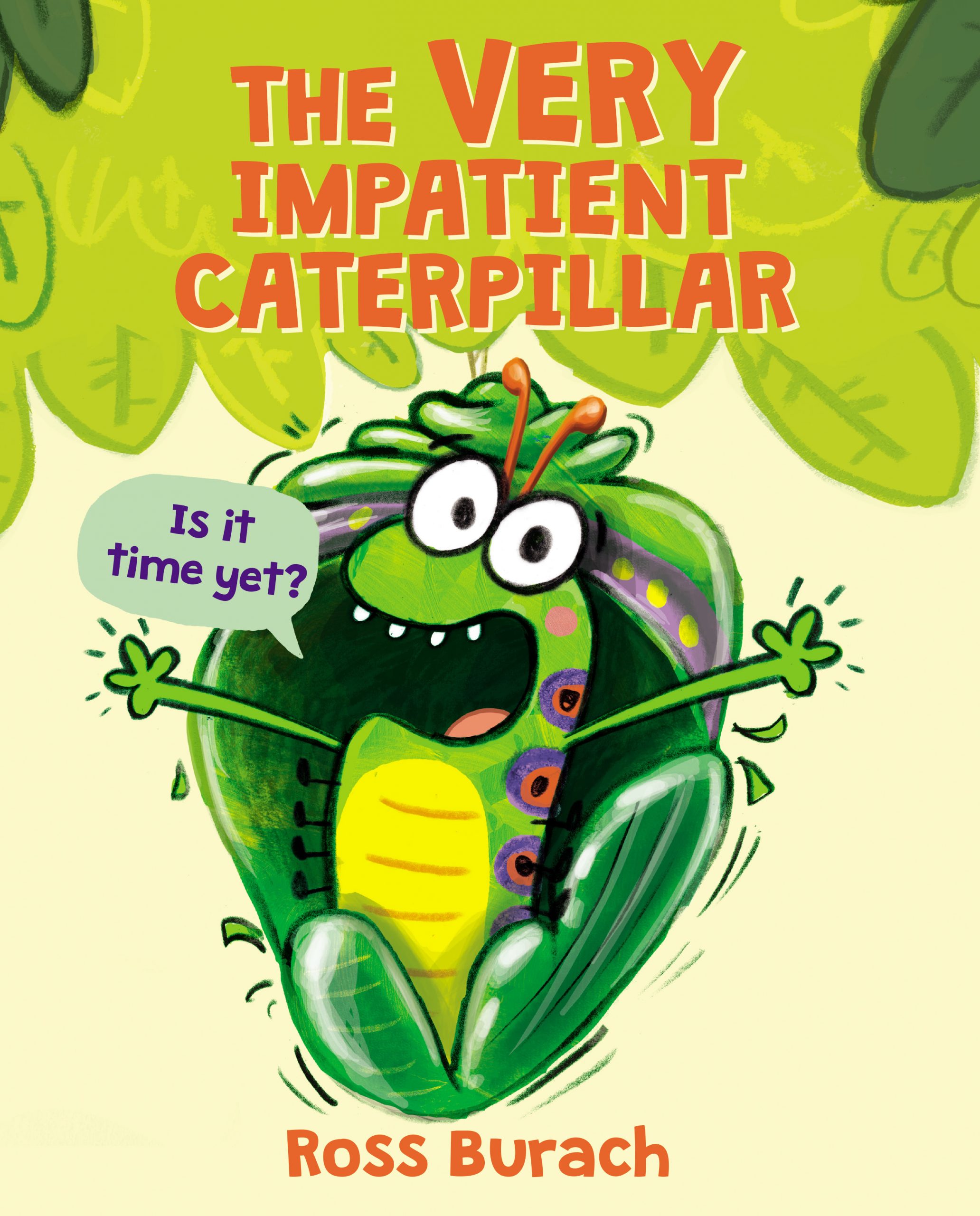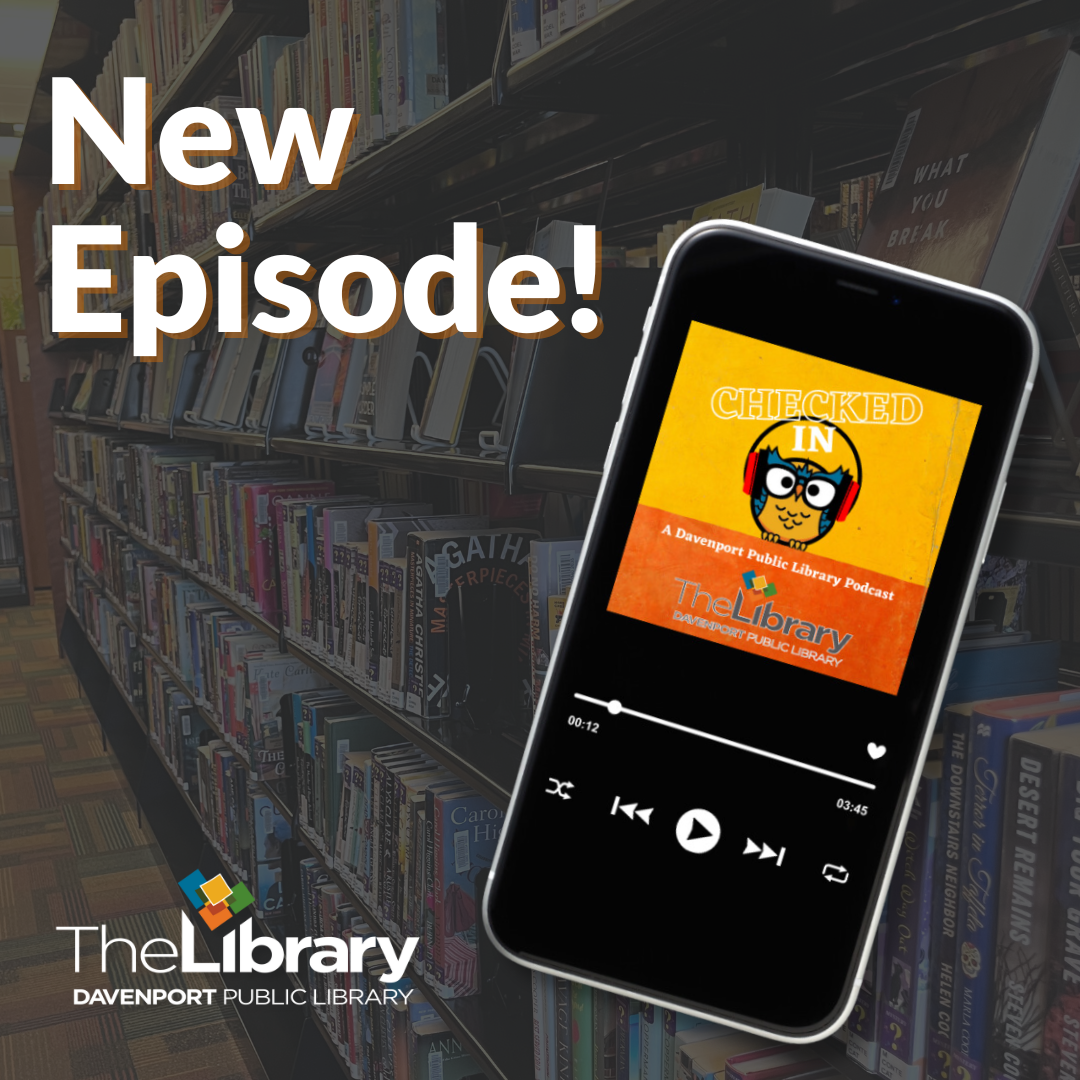 “For them, [radical] hope was and is not the same thing as optimism. It is not a feeling nor a desired future state that is the substance of our longings. Hope is the everyday practice of believing that the material conditions of the world can be better and that we have the capacity to bring about that change in the here and now.”
“For them, [radical] hope was and is not the same thing as optimism. It is not a feeling nor a desired future state that is the substance of our longings. Hope is the everyday practice of believing that the material conditions of the world can be better and that we have the capacity to bring about that change in the here and now.”
For this next blog in the “Straight off the Shelf” series, I have selected a new book from our religion section entitled To My Beloveds: Letters on Faith, Race, Loss, and Radical Hope by Jennifer Bailey. Without further ado, let’s learn a bit more about the author and her first book.
Reverend Jennifer Bailey is an ordained minister and public theologian, as well as a renowned social activist who studies and speaks on the intersection of religion and public life. On top of dedicating many years to working in nonprofit organizations, she has also helped found two major institutions: (1) the Faith Matters Network, a womanist-led organization helping to provide spiritual resources to community organizers, faith leaders, and activists; and (2) the People’s Supper, which hosts thousands of dinners across the country in an effort of bringing people together to engage in constructive conversations about important issues. Additionally, Bailey has been named one of the 15 Faith Leaders to Watch by the Center for American Progress and is an Ashoka Fellow, Nathan Cummings Foundation Fellow, Aspen Ideas Scholar, On Being Fellow, and Truman Scholar.
In her debut book, Bailey presents her readers with an epistolary work exploring how hope can be found in the face of racial and social injustice, down the avenues of grief and loss, and when the “cold and slow creep of hopelessness” enters into your thoughts and mind. From the letter entitled “As She Lay Dying” written to a motherless child, to “Who Will Take Care of My Baby?” written to those contemplating suicide, to “You are Beautiful. You are Brave” to a mother with a child in her belly, this book touches on the ways in which grief, loss, and despair can be “composted” into hope, courage, and purpose through activism and leadership work. Throughout these “love letters,” Bailey touches on the three major pillars comprising the foundation of radical hope:
- Memory as an antidote to death
- Imagination as a pathway to resurrection
- Living as a testament to the possibility of the present
Drawing from both scripture and the powerful words of Toni Morrison, Bailey gives her “beloved” readers the means to find radical hope in their lives, even in the midst of life’s greatest struggles, pains, and heartaches.
I hope you enjoyed learning a bit more about this new title! If it piqued your interest and/or you would like to read more about spiritual activism, here are some similar books in our library collection:
 Do Better: Spiritual Activism for Fighting and Healing from White Supremacy by Rachel Ricketts
Do Better: Spiritual Activism for Fighting and Healing from White Supremacy by Rachel Ricketts
Written by spiritual activist and attorney Rachel Ricketts, this book considers the intersection of spiritual activism with racial justice and white supremacy and guides readers through how they can engage in this kind of advocacy. Here is a brief description from the publisher:
“Do Better is a revolutionary offering that addresses racial justice from a comprehensive, intersectional, and spirit-based perspective. This actionable guidebook illustrates how to engage in the heart-centered and mindfulness-based practices that will help us all fight white supremacy from the inside out, in our personal lives and communities alike. It is a loving and assertive call to do the deep—and often uncomfortable—inner work that precipitates much-needed external and global change.”
 Reparations: A Christian Call for Repentance and Repair by Duke Kwon and Gregory Thompson
Reparations: A Christian Call for Repentance and Repair by Duke Kwon and Gregory Thompson
Written by an evangelical pastor and the executive director of Voices Underground, an organization dedicated to preserving the historical truth of America’s racial history, this title considers how white churches can and should respond to racial injustice, as well as how reparations can start being made. Here is a brief description provided by the publisher:
“A compelling theological and historical case for the American Christian church’s responsibility to repair its racial rift with Black brothers and sisters. Kwon and Thompson examine attitudes of white supremacy, bring to bear the Bible’s teachings on repentance and restitution, and present concrete and creative ways to make reparation at the local level.”

White Too Long: The Legacy of White Supremacy in American Christianity by Robert P. Jones
Author of The End of White Christian America, Robert P. Jones takes a deep look at the manifestations of white supremacy throughout the history of several sects within the Christian church and considers their complicity in racial injustice. Here is a brief description provided by the publisher:
“As the nation grapples with demographic changes and the legacy of racism in America, Christianity’s role as a cornerstone of white supremacy has been largely overlooked. But white Christians from evangelicals in the South to mainline Protestants in the Midwest and Catholics in the Northeast have not just been complacent or complicit; rather, as the dominant cultural power, they have constructed and sustained a project of protecting white supremacy and opposing black equality that has framed the entire American story.
With his family’s 1815 Bible in one hand and contemporary public opinion surveys by Public Religion Research Institute (PRRI) in the other, Robert P. Jones delivers a groundbreaking analysis of the repressed history of the symbiotic relationship between Christianity and white supremacy. White Too Long demonstrates how deeply racist attitudes have become embedded in the DNA of white Christian identity over time and calls for an honest reckoning with a complicated, painful, and even shameful past. Jones challenges white Christians to acknowledge that public apologies are not enough accepting responsibility for the past requires work toward repair in the present.
White Too Long is not an appeal to altruism. Drawing on lessons gleaned from case studies of communities beginning to face these challenges, Jones argues that contemporary white Christians must confront these unsettling truths because this is the only way to salvage the integrity of their faith and their own identities. More broadly, it is no exaggeration to say that not just the future of white Christianity but the outcome of the American experiment is at stake.”
 Summer is thrilled to be joining her extended family on their weeklong get together held at her in-law’s palatial summer estate in Kate White’s psychological thriller The Fiancée. The gathering is an annual event where Summer, her husband, Gabe, her young stepson, Henry and all of Gabe’s siblings and their wives leisurely lounge around the pool and spend their days relaxing in nature. But this year is slightly different when one of Gabe’s younger brothers, Nick, brings along his latest girlfriend, Hannah. She charms everyone in attendance but Summer realizes that the two have met a year before at an audition for an off-Broadway theater production where Hannah ultimately won the role. The funny thing is that Hannah acts as if she has never met Summer before and denies being at the audition, even though Summer knows it to be true.
Summer is thrilled to be joining her extended family on their weeklong get together held at her in-law’s palatial summer estate in Kate White’s psychological thriller The Fiancée. The gathering is an annual event where Summer, her husband, Gabe, her young stepson, Henry and all of Gabe’s siblings and their wives leisurely lounge around the pool and spend their days relaxing in nature. But this year is slightly different when one of Gabe’s younger brothers, Nick, brings along his latest girlfriend, Hannah. She charms everyone in attendance but Summer realizes that the two have met a year before at an audition for an off-Broadway theater production where Hannah ultimately won the role. The funny thing is that Hannah acts as if she has never met Summer before and denies being at the audition, even though Summer knows it to be true.





 The Library now has
The Library now has  Have you been meaning to learn a new language or polish those sophomore year Spanish skills?
Have you been meaning to learn a new language or polish those sophomore year Spanish skills?  Celebrate Banned Books Week!
Celebrate Banned Books Week!











 Catch Us OWLT and About This Summer!
Catch Us OWLT and About This Summer!





